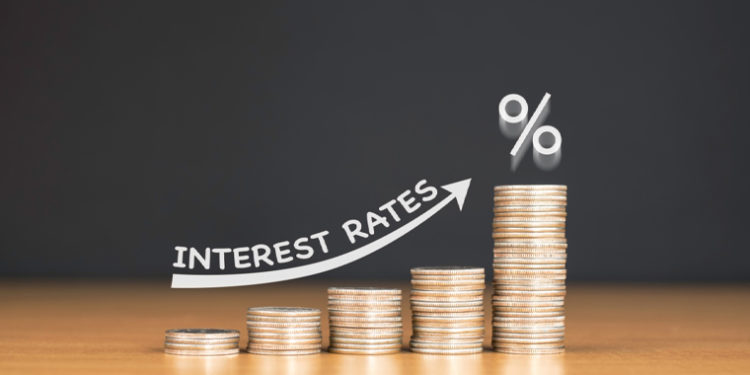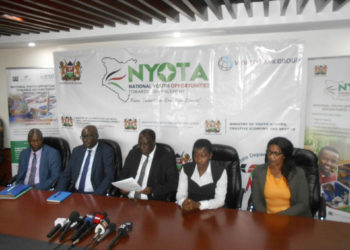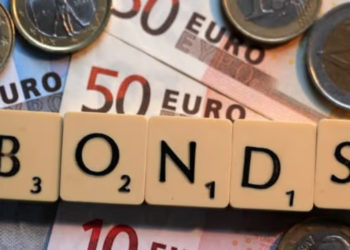The Monetary Policy Committee (MPC) of the Central Bank of Kenya on Tuesday announced a 200 basis points increase in the Central Bank Rate, bringing it to 12.5% from 10.5%.
The decision, attributed to “persistent domestic inflationary pressures and a depreciating shilling,” comes despite a marginal decrease in November’s inflation rate to 6.8% from the 6.9% recorded in October, as well as recent stability in the shilling’s depreciation.
While the move took many economists by surprise, the committee defended its action, citing the necessity to bolster the value of the Kenyan currency. This adjustment prompts inquiries into the implications for various sectors and stakeholders.
For borrowers, including individuals with mortgages and businesses reliant on loans, the rate hike raises concerns about credit affordability. Immediate repercussions include elevated interest costs for existing loans and a potential increase in the cost of new credit.
Individuals with variable-rate mortgages may experience immediate financial strain, and businesses contemplating expansion may encounter more stringent borrowing conditions. Navigating these higher interest rates requires borrowers to reassess financial strategies, considering refinancing options, exploring fixed-rate loans, or engaging in negotiations with lenders. Financial experts underscore the importance of developing resilient financial plans capable of withstanding the impact of elevated interest rates.
The rate hike introduces an element of caution in economic growth projections, with the increased cost of credit potentially dampening consumer spending and business investment, leading to a potential slowdown in overall economic activity. The primary objective of the rate increase is to reduce the amount of money circulating in the economy, creating demand and subsequently spiking the currency’s value.
Despite recent relative stability in the currency, the rapid decline in previous months is still palpable. On a year-to-date basis, the currency has depreciated by 22.4%, trading at Kshs. 153.4, in addition to the 9% recorded last year. The CBK rate hike is anticipated to instill confidence among foreign investors, potentially increasing demand for the Kenyan Shilling and resulting in appreciation.
The MPC has committed to closely monitoring the impact of these policy measures, along with developments in the global and domestic economy, and will adjust policies as necessary. Stakeholders, including investors and traders, are urged to remain vigilant, understand the effects of implemented policies, and effectively adjust their operations to align with the current economic landscape.


















